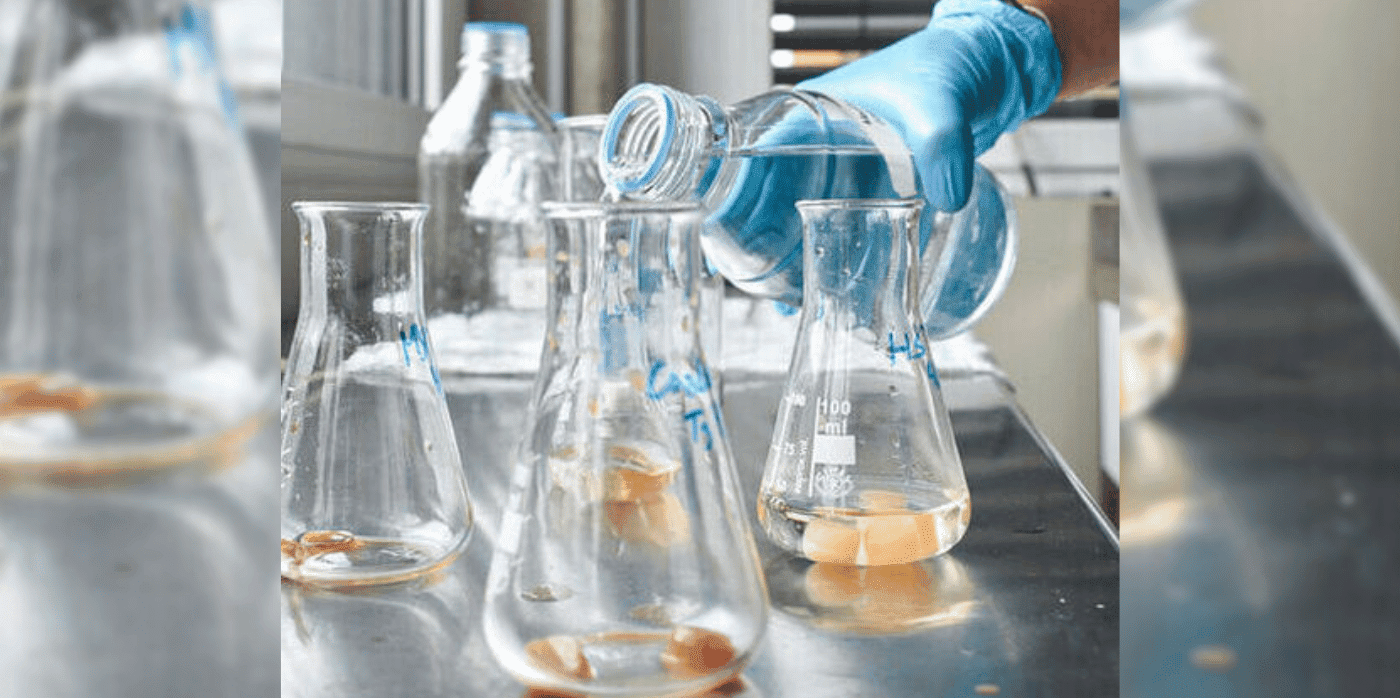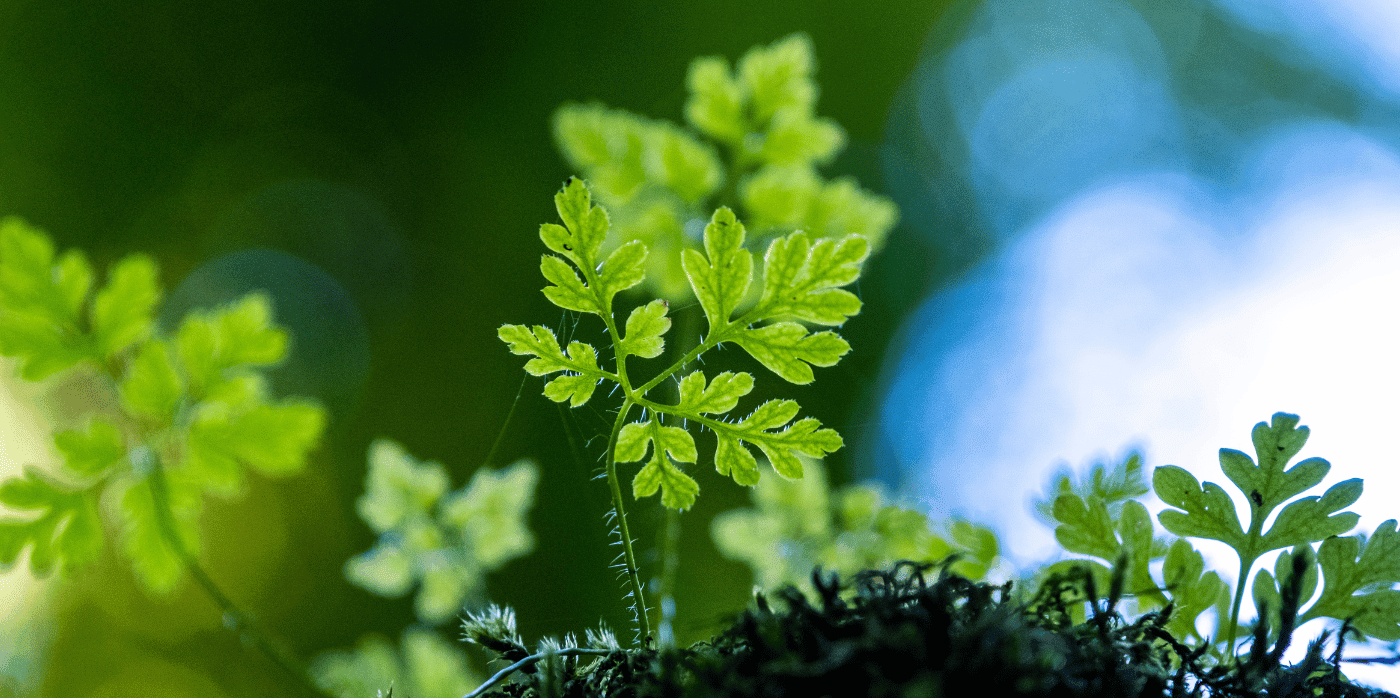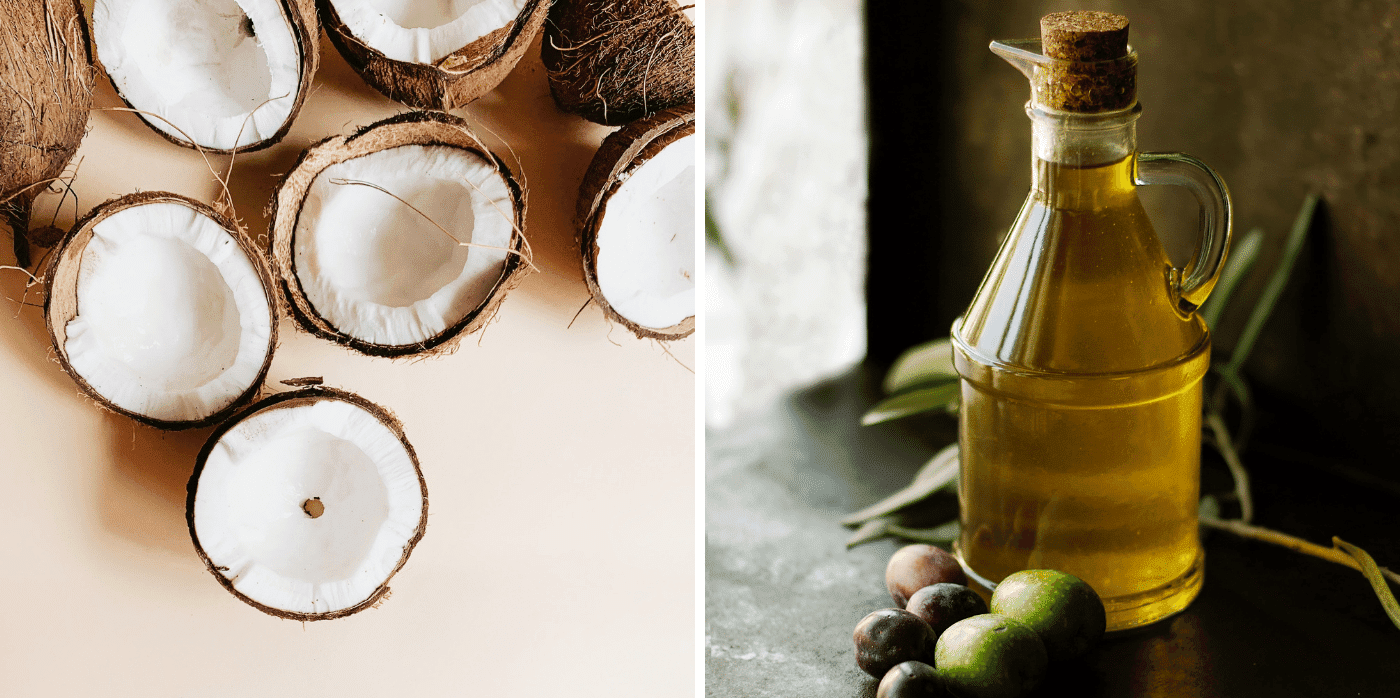Bio-based ingredients replace microplastics – Springwise

Spotted: Every year, approximately three million metric tonnes of microplastics enter the environment worldwide, and they are found everywhere within agriculture, food, and cosmetics. Now, Germany-based Bioweg has created bio-based ingredients to be used as alternatives to plastic-based additives and polymers.
The startup’s technology combines fermentation, material science, and molecular simulation to develop biodegradable and sustainable bio-ingredients. All Bioweg’s ingredients are customisable, vegan, GMO-free, easily scalable, and sustainably produced without the need for harsh chemicals.
Bioweg has four products: MicBead and Rheweg are solutions to microplastics in cosmetics and personal care, AgriWeg replaces petroleum and acrylic-based coatings in fertilisers and seeds, while HydroWeg is a sustainably derived hydrocolloid for plant-based food. To make its ingredients sustainable, the company converts low-value by-products, residues, and waste from the food and agriculture industry – like molasses and vegetable peels – into high-value and circular products.
The company ferments these by-products to create microbial cellulose in a zero-waste process and Bioweg has identified high-yielding strains based on more than 10,000 lab-scale and factorial design-based experiments. And to further improve the yield, the company optimises the genetic makeup of the strains using classical and new genetic engineering techniques.
So that it may create ingredients that are perfect for end use, Bioweg performs molecular simulations, including structural and thermodynamic analysis. This allows the company to test various cellulose fibrils’ properties with different functionalisation levels. Then, using green chemistry principles, Bioweg can adapt the fibrils for various designs and purposes.
Microplastics have become a severe problem for the oceans, land, and humans, and Springwise has spotted many innovations looking to clear up and replace these harmful ingredients. One company has created dissolving make-up wipes that leave no microplastics or waste, and researchers are even looking into removing microplastics with sound.
Written By: Anam Alam




